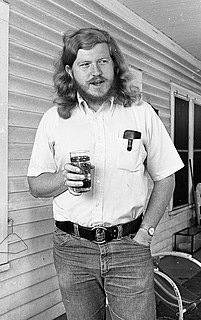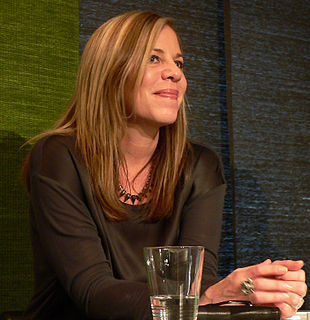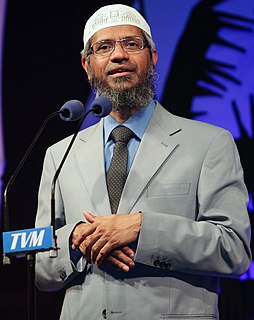A Quote by Laurence Sterne
To have the fear of God before our eyes, and, in our mutual dealings with each other, to govern our actions by the eternal measures of right and wrong:MThe first of these will comprehend the duties of religion;Mthe second, those of morality, which are so inseparably connected together, that you cannot divide these two tableswithout breaking and mutually destroying them both.
Related Quotes
We are more connected than ever before, more able to spread our ideas and beliefs, our anger and fears. As we exercise the right to advocate our views, and as we animate our supporters, we must all assume responsibility for our words and actions before they enter a vast echo chamber and reach those both serious and delirious, connected and unhinged.
Our friends should be our incentives to right, but not only our guiding, but our prophetic, stars. To love by right is much, to love by faith is more; both are the entire love, without which heart, mind, and soul cannot be alike satisfied. We love and ought to love one another, not merely for the absolute worth of each, but on account of a mutual fitness of temporary character.
We cannot escape from our daily routine, because it will go with us wherever we go.... God must be sought and found in the things of our world. By regarding our daily duties as something performed for the honour and glory of God, we can convert what was hitherto soul-killing monotony, to a living worship of God in all our actions. Everyday life must become itself our prayer.
There are two ways in which we may attain control over our activity. The first is confidence in the power of our own will; to know that if we have failed today, tomorrow we will not do so. The second is to have our eyes wide open, and to watch keenly our activity in all aspects of life. It is in the dark that we fall, but in the light we can see where we are going.
As far as the matters of religion are concerned we know for sure that only Islam is the true religion in the eyes of God. In 3:85 it is mentioned that God will never accept any religion other than Islam. As far as the building of churches or temples is concerned, how can we allow this when their religion is wrong? And when worship is also wrong? Thus we will surely not allow such wrong things in our country.
As believers, we are running the race together. We are connected by our faith in God and our love for the world that He sent Christ to save. So if one gets weak, we carry them. We aren't called to stop moving forward. We aren't called to criticize each other. No, we are called to encourage each other, to reach down and carry each other, and to keep moving.
Our lives are a battlefield on which is fought a continuous war between the forces that are pledged to confirm our humanity and those determined to dismantle it; those who strive to build a protective wall around it, and those who wish to pull it down; those who seek to mould it and those committed to breaking it up; those who aim to open our eyes, to make us see the light and look to tomorrow [...] and those who wish to lull us into closing our eyes
The principle of self-reliance grows out of a fundamental doctrine of the Church, that of agency. Just as each individual is accountable for his choices and actions in spiritual matters, so also is he accountable in temporal matters. It is through our own efforts and decisions that we earn our way in this life. While the Lord will magnify us in both subtle and dramatic ways, he can only guide our footsteps when we move our feet. Ultimately, our own actions determine our blessings or lack of them. It is a direct consequence of both agency and accountability.
But if we know that the people of God are first a fellowship of sinners, we are freed to hear the unconditional call of God's love and to confess our needs openly before our brothers and sisters. The fear and pride that clings to us like barnacles cling to others also. In acts of mutual confession we release the power that heals. Our humanity is no longer denied, but transformed.
Whatever strengthens our local attachments is favorable both to individual and national character, our home, our birthplace, our native land. Think for a while what the virtues are which arise out of the feelings connected with these words, and if you have any intellectual eyes, you will then perceive the connection between topography and patriotism.
Certainly one of our God-given privileges is the right to choose what our attitude will be in any given set of circumstances. We can let the events that surround us determine our actions-or we can personally take charge and rule our lives, using as guidelines the principles of pure religion. Pure religion is learning the gospel of Jesus Christ and then putting it into action. Nothing will ever be of real benefit to us until it is incorporated into our own lives.







































